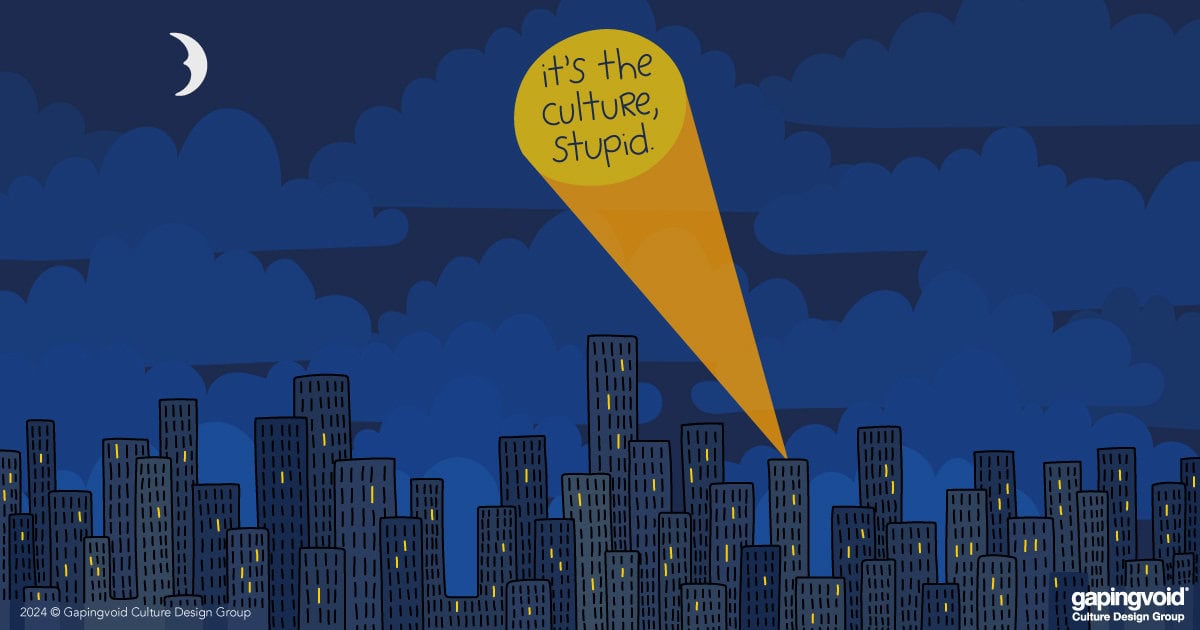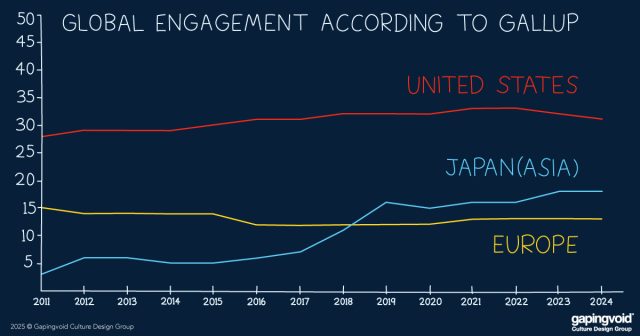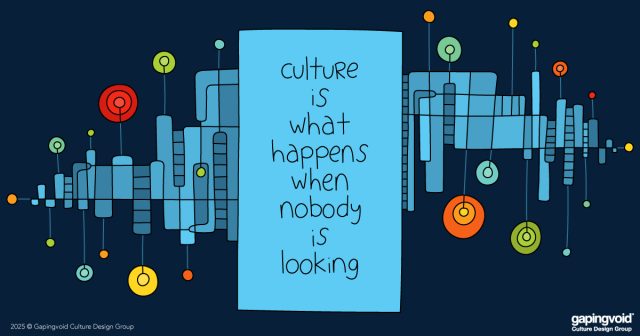
When companies with identical resources produce wildly different results, we all want to know the secret.
The recently announced Nobel Prize in Economics, which was shared by a trio of US-based economics professors, Daron Acemoglu (MIT), Simon Johnson (MIT) and James A. Robinson (University of Chicago), just revealed it.
Most of us wouldn’t have heard of these three, but they’re huge in their field. Acemoglu himself is the third-most cited economist in the world in 2024, beating out even household names like Milton Friedman and John Maynard Keynes.
Basically, the three men spent decades researching the question, why are some countries rich and some countries poor? What they found was something profound that applies just as powerfully to our organizations.
The short answer: Institutions.
If there’s a clean government, clean justice system, clean banks, clean military i.e. legality, meritocracy, liberty and trust, (as opposed to tyranny, family connections, thuggery, fear, loathing and bribes), people have a reason to invest in the system, both at the micro and macro level. Why work your butt off for thirty years, if next week the local warlord just comes along and steals it from you? Or the Government shuts you down because you voted for the wrong guy?
To put it differently, it’s not the resources. It’s the story.
Take two towns separated by a fence—one in Mexico, one in the US. Same geography. Same people. Dramatically different outcomes. Or North and South Korea. Or East and West Germany before the wall fell.
The winners aren’t winning because they have more. They’re winning because they have better stories about what’s possible.
The thing about great institutions (a fancy way of saying “the rules we all agree to play by”) is they’re expensive to build. It’s not uncommon for a prosperous, modern economy to spend up to 40% of its GDP maintaining them.
But these nations didn’t get rich and then build institutions. They built institutions and then got rich. Rich countries like the UK or France have had robust institutions for so long, we’ve forgotten that they, too, used to be poor. In Roman times, the richest part of the Empire was in the East, particularly Egypt. The Western part was just considered a boggy backwater.
It’s the same reason some mom-and-pop restaurants outperform major chains, some startups overtake industry giants, and some teams consistently come out on top while others disappoint. The culture isn’t the result of success. Success is the result of the culture.
P.J. O’Rourke once joked that only Communism could make a poor country out of Germans. He was onto something bigger than he realized. When you change the story, you change everything else.
GDP is fundamentally created via culture. So is your P&L. Increasing general prosperity is fundamentally a Culture-First undertaking.
Which means the real mystery isn’t why some organizations do better than others. It’s why we keep looking everywhere else for the answer.



